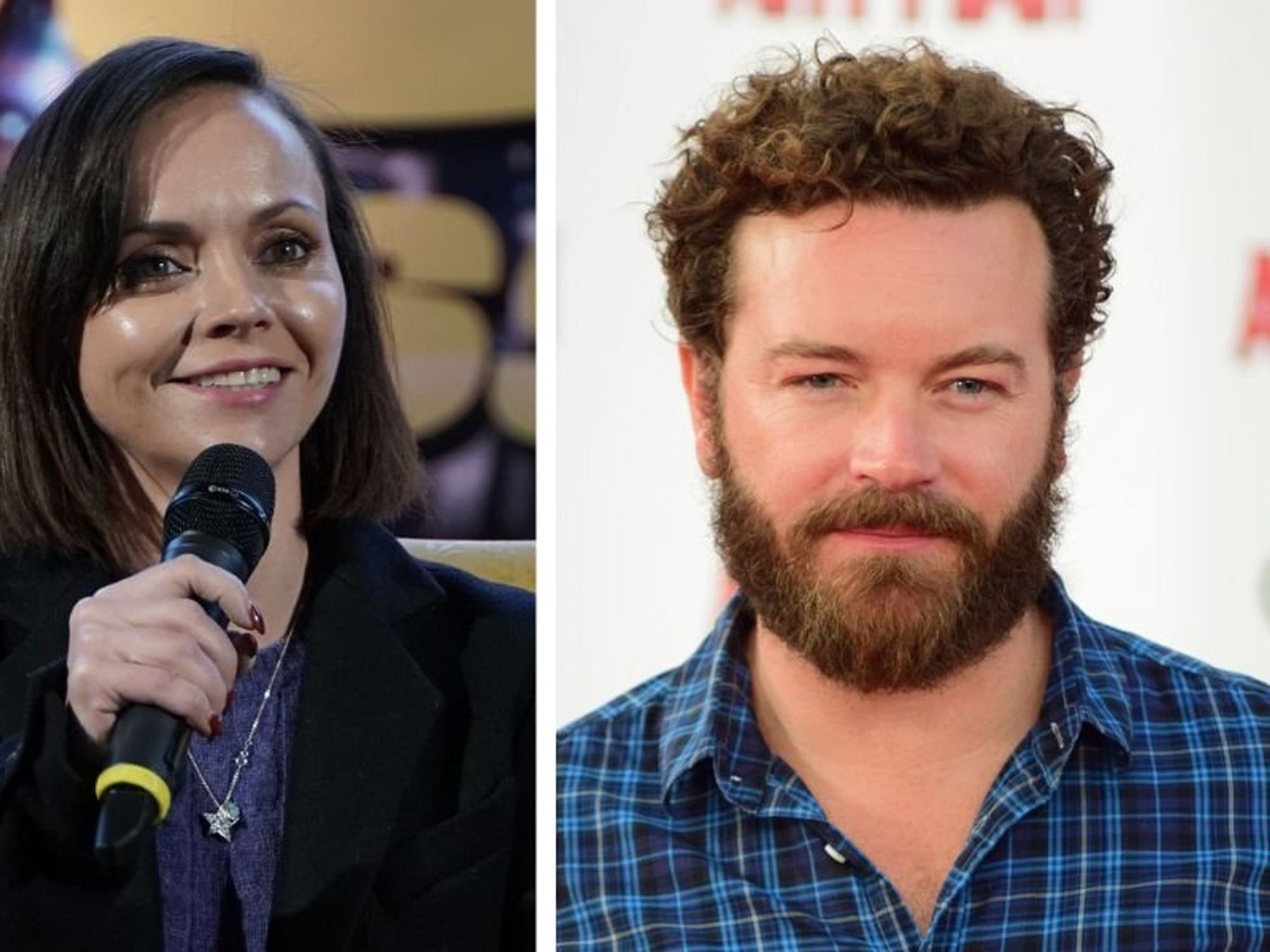
Following the 30 year sentencing of Danny Masterson, it was revealed that his “That 70s Show” co-stars Mila Kunis and Ashton Kutcher wrote letters “vouching” for his “remarkable” character.
Kunis and Kutcher were lambasted for defending Masterson, who had been found guilty for raping two anonymous women 20 years ago, and the couple issued a public apology, saying that they had never intended to “undermine the testimony of the victims or re-traumatize them in any way.”
Seemingly in reference to the letters, Christina Ricci, perhaps best known as Wednesday in “The Addams Family”, but also stars in the breakthrough Showtime series “Yellowjackets,” posted an Instagram Story urging folks to remember, that one simple, yet brutal truth:
“Awesome guys can be predators and abusers.”
“Sometimes people we have loved and admired do horrible things” the actress wrote, adding that “they might not do these things to us, and we only know who they were to us, but that doesn’t mean they didn’t do the horrible things, and to discredit the abused is a crime.”

Ricci continued, “Unfortunately I’ve known lots of ‘awesome guys’ who were lovely to me but have been proven to be abusers privately. I’ve also had personal experience with this. Believe victims. It’s not easy to come forward. It’s not easy to get a conviction.”
This might be a “tough” thing to accept, but Ricci argues that it is completely necessary if we really want to support victims—that includes men, women and children.

Ricci, of course, makes good points. People are complex and contain multitudes. A person can be outwardly kind, loyal, generous, brilliant, wonderful…and still be capable of causing great harm. This becomes all the more evident as more and more popular icons (and regular folks, too, for that matter) are held accountable for their actions.
But still, there is a prevailing misconception that someone is either a gallant hero or a monster lurking in the shadows. And it’s with this kind of black-and-white thinking that leads to victim blaming or gaslighting when the accused is a well-liked person.
In general, victims are more likely to not report when they have been assaulted, and it’s often for fear of not being believed, or for being blamed for the incident. That needs to change, if we actually mean to make the world a safer place for everyone. It starts by entertaining the fact that just because someone is a good friend, it doesn’t mean that they don’t commit unspeakable things when you’re not looking.
